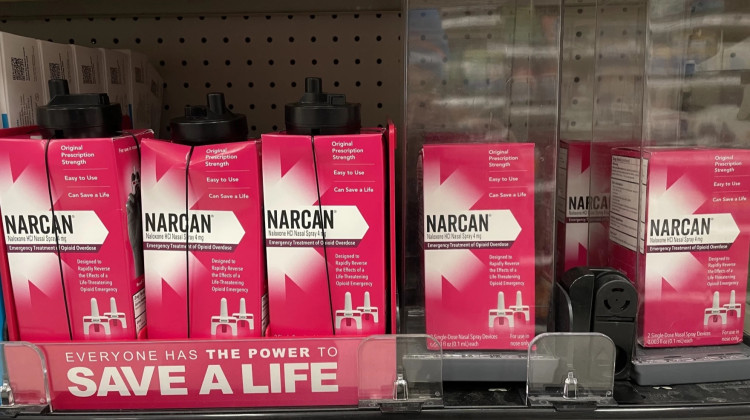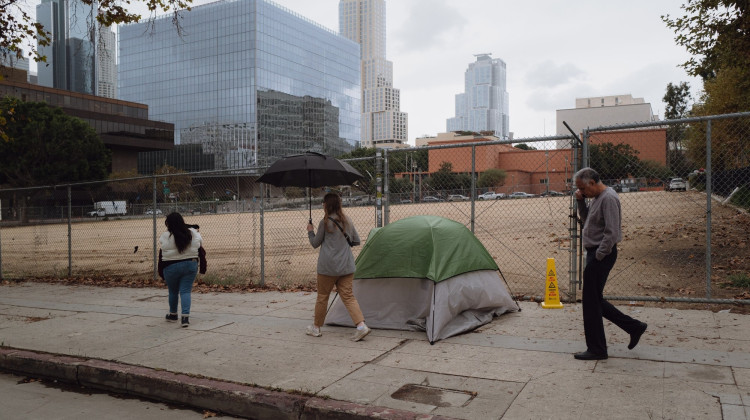In partnership with the Center for Public Integrity, Columbia Journalism Investigations and Side Effects Public Media.
CARTER BARRETT - SIDE EFFECTS PUBLIC MEDIA & DEAN RUSSELL - COLUMBIA JOURNALISM INVESTIGATIONS
Every year, weather-related disasters ravage communities across the United States: floods in the Farm Belt, fires in the West and hurricanes along the South and East coasts.
Scientists say these disasters also lead to skyrocketing rates of depression, anxiety and post-traumatic stress disorder, or PTSD. One survey of Hurricane Katrina survivors found that a third had mood disorders, and suicidal thoughts more than doubled. Many studies suggest similar outcomes after wildfires and floods.
Still, little is known about how widespread these issues may be, or how effectively federal, state and local agencies respond to the mental health needs of disaster survivors. There’s even less information about how the spread of the new coronavirus affects people who’ve lived through natural disasters.
That’s why we want to hear your story. Are you still trying to rebuild your life after a natural disaster? How has the new coronavirus affected your efforts? Have government agencies helped you recover?
The Center for Public Integrity, Columbia Journalism Investigations and some local newsrooms, including Side Effects Public Media, are investigating these issues. We’ll explore the mental health needs of disaster survivors — and how the government is responding.
If you have been affected by a wildfire, hurricane or flood in the last 10 years, or if you are a mental health professional studying disasters or working with survivors in that period, you can help by taking this survey. It will only take about 15 minutes.
You can also choose to allow a reporter to contact you, but we will not publish what you tell us in this survey without your permission. All personal information is confidential.
If you have been emotionally affected by a disaster and wish to seek confidential support, you can call the federal Disaster Distress Helpline at 800-985-5990 and speak with a professional trained in crisis counseling.
 DONATE
DONATE








 Support WFYI. We can't do it without you.
Support WFYI. We can't do it without you.